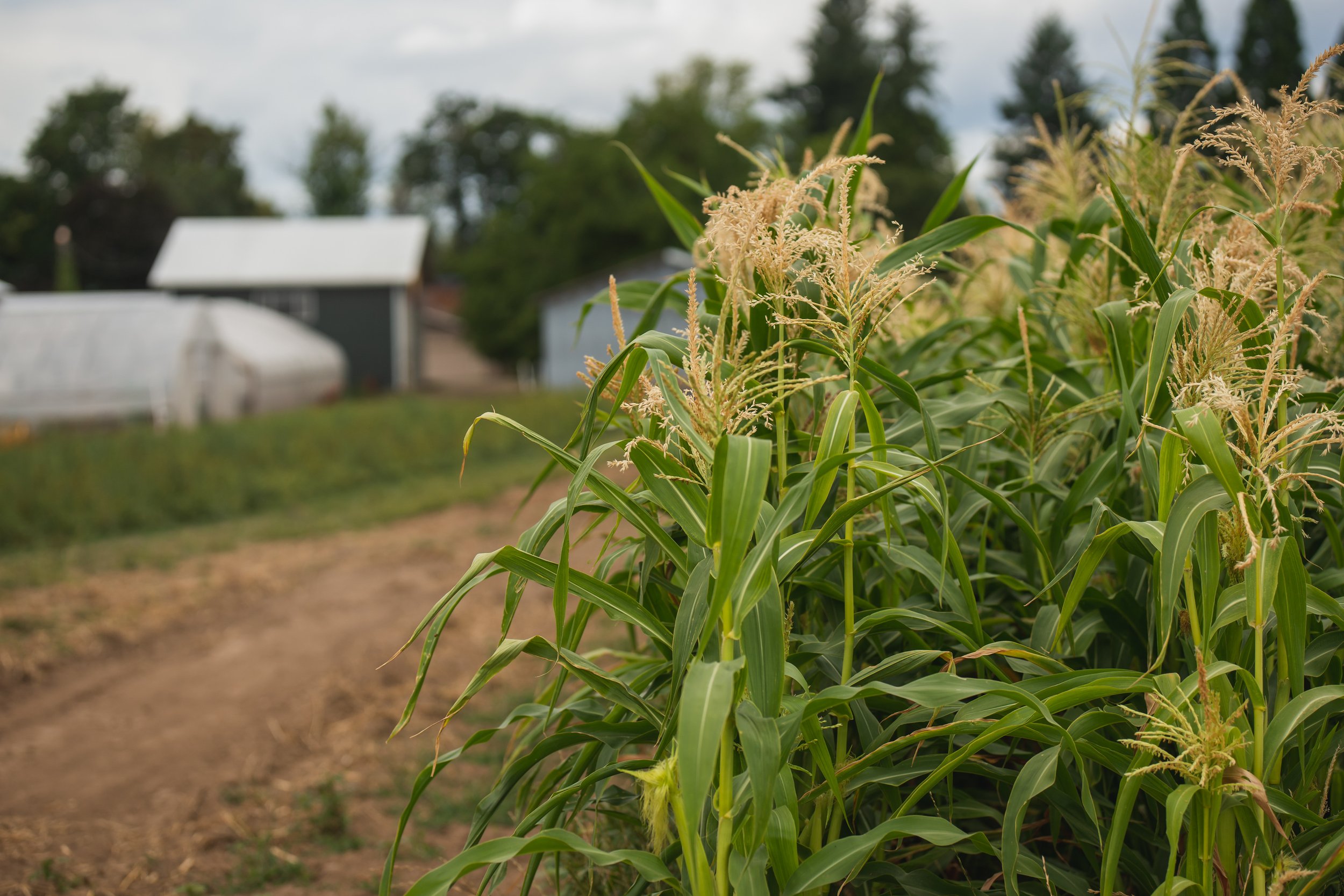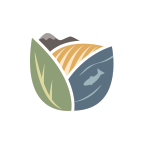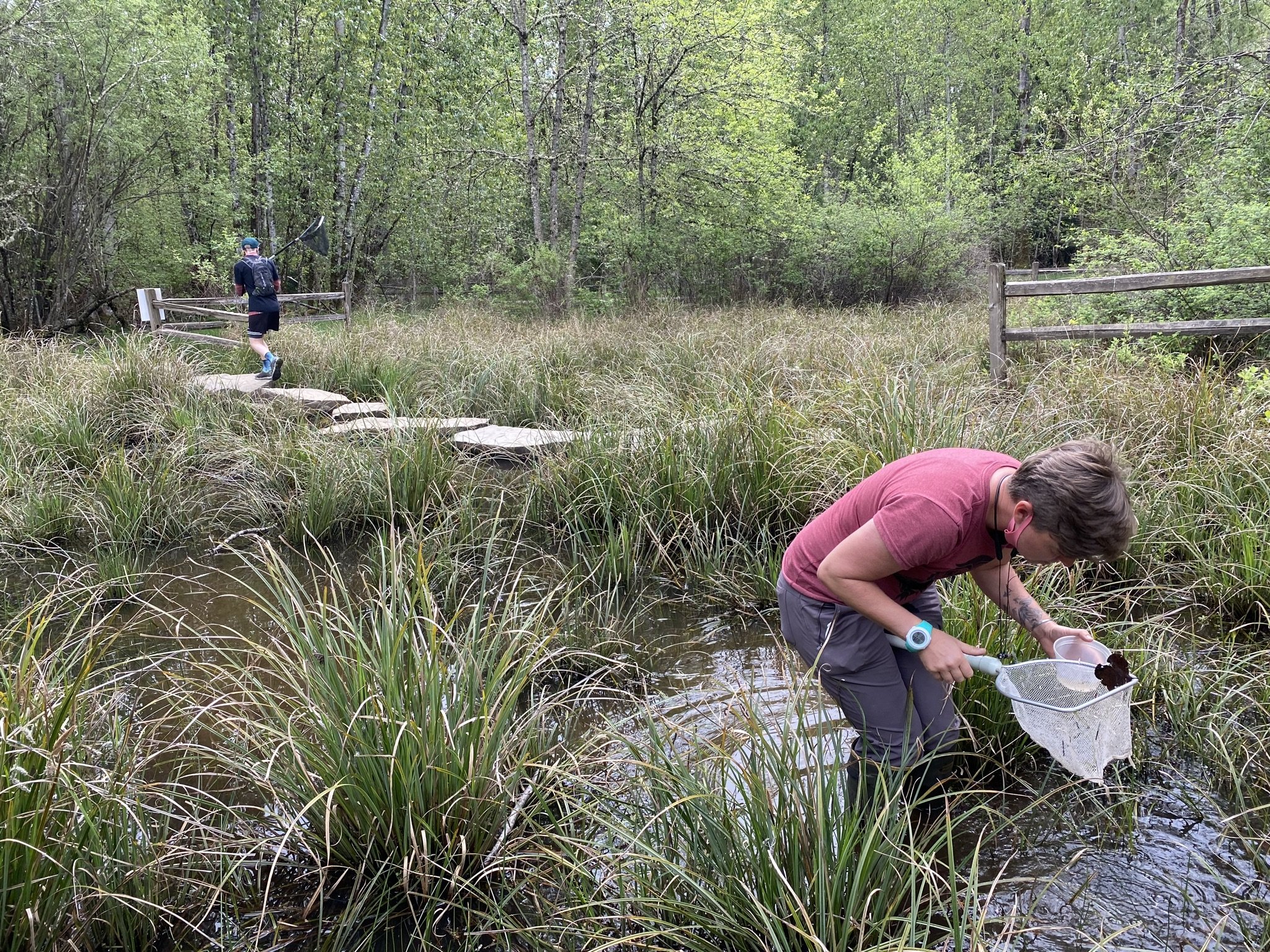
Along the River
We all live in a watershed, but some of us live right along a river, stream or wetland. If you have one of these on your property, there are a lot of resources available to you. On this page we’ve compiled several resources for Clark County residents. If you can’t find what you’re looking for, or if you’d like more information, please contact us.
Looking for technical or financial assistance for land near water? Visit our Streamside Restoration programs page.
Resources
Water can mean a lot of things to a lot of people. Here are some agencies that can help you with everything from the water in our faucets to the runoff in our rivers.
Department of Ecology: Water Rights
The waters of Washington State collectively belong to the public and cannot be owned by any one individual or group. Instead, individuals or groups may be granted rights to use them. A water right is a legal authorization to use a predefined quantity of public water for a designated purpose. State law requires certain users of public waters to receive approval from the state prior to using water - in the form of a water right permit or certificate.
Washington State Department of Health: Water Conservation and Water Recycling
Our ground water and surface water supplies are at risk of overuse in many areas. The demand can be greater than the amount supplied by rain and snowmelt. By design, on-site sewage systems, also known as septic systems, naturally recycle waste water by recharging ground water with appropriately treated effluent.
Environmental Protection Agency (EPA): WaterSense
Save water and protect the environment by choosing WaterSense labeled products in your home, yard, and business and taking simple steps to save water each day.
Water Use It Wisely: 100+ Ways to Conserve
When it comes to conserving water, small adjustments can have a big impact. Here you can sort through nearly 200 water-saving tips, download and print tip posters or share your favorites on social media.
Did you know that less than 1% of all the water on Earth can be used by people? The rest is salt water (the kind you find in the ocean) or is frozen. Communities across the country are starting to face challenges in maintaining healthy and affordable water supplies; that's why it's more important than ever to use our water wisely and not waste it. In addition, it takes large amounts of energy to produce and transport clean water and to process waste water.
Watershed Stewardship
The actions you take at home can affect the whole watershed! Learn more about what you can do by participating in our watershed stewardship program.





